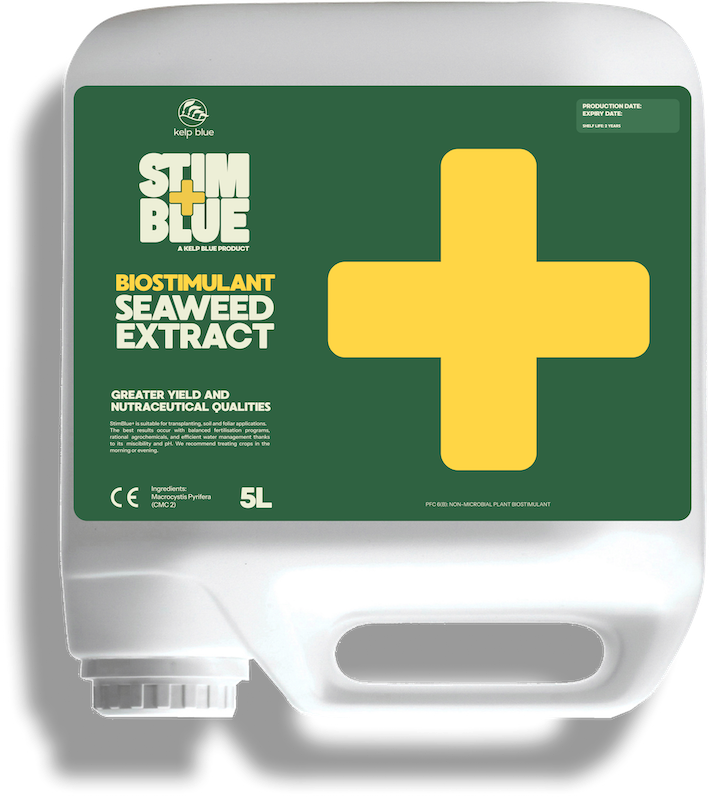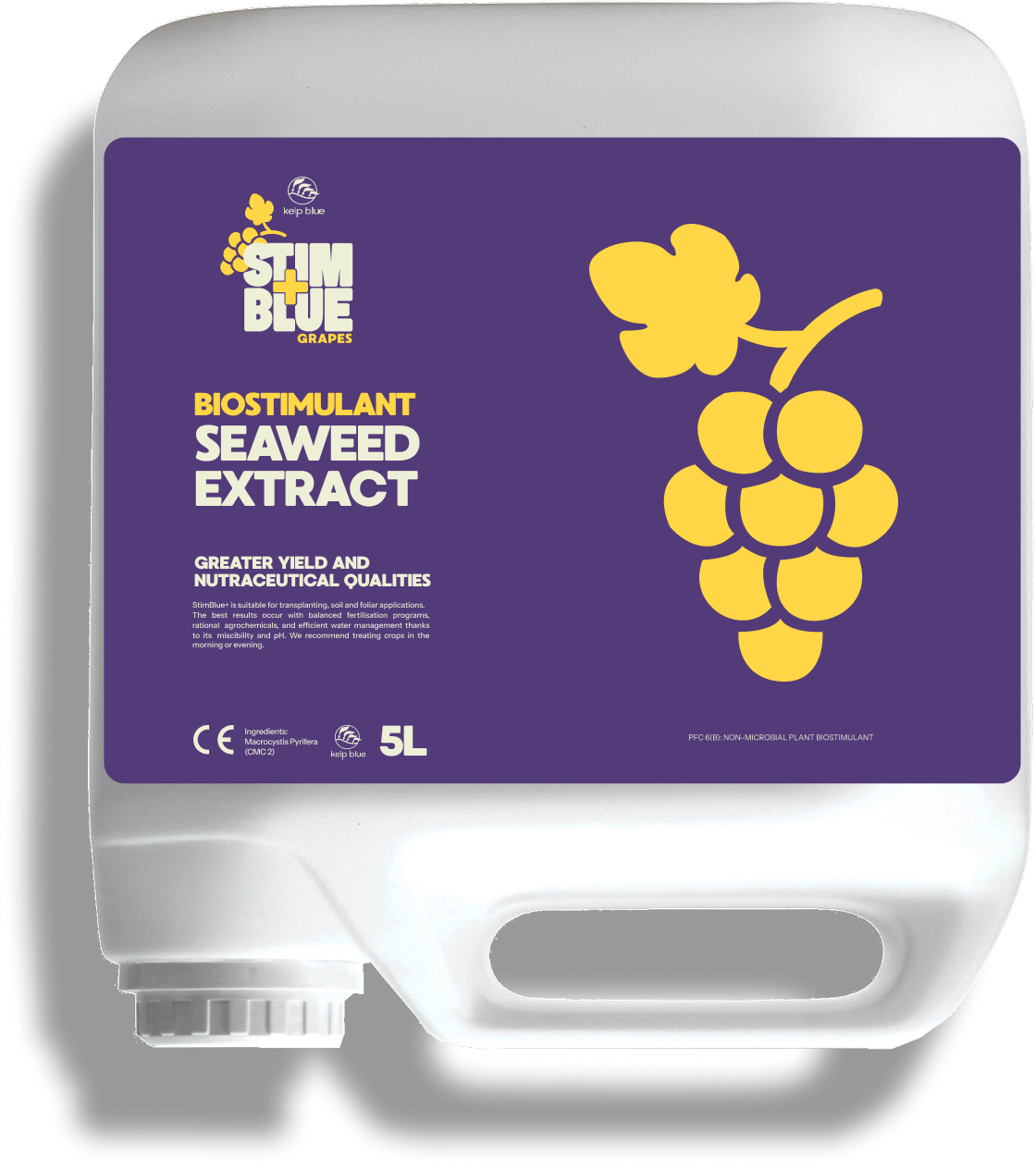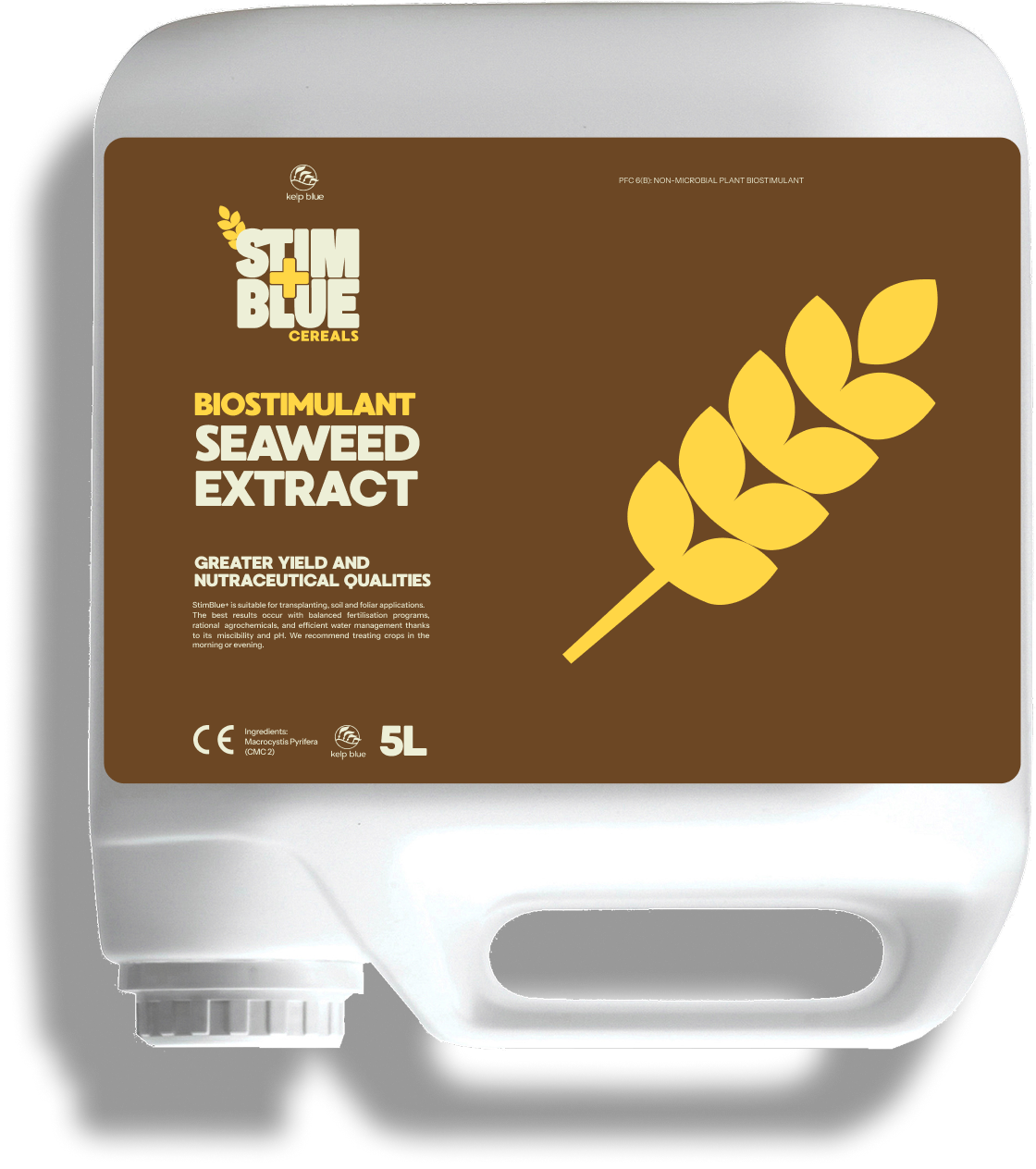stimblue+
Please note the prices below are for customers. If you are a farmer / cooperative / distributor, please contact our team of agronomist.
Transform Your Farm with StimBlue+
Ready to boost your yields and enhance soil health? Contact our team of agronomists to learn how StimBlue+ can benefit your farm. Our team is ready to answer all your questions, comments, and requests.
Oops! Something went wrong while submitting the form.









.jpg)
